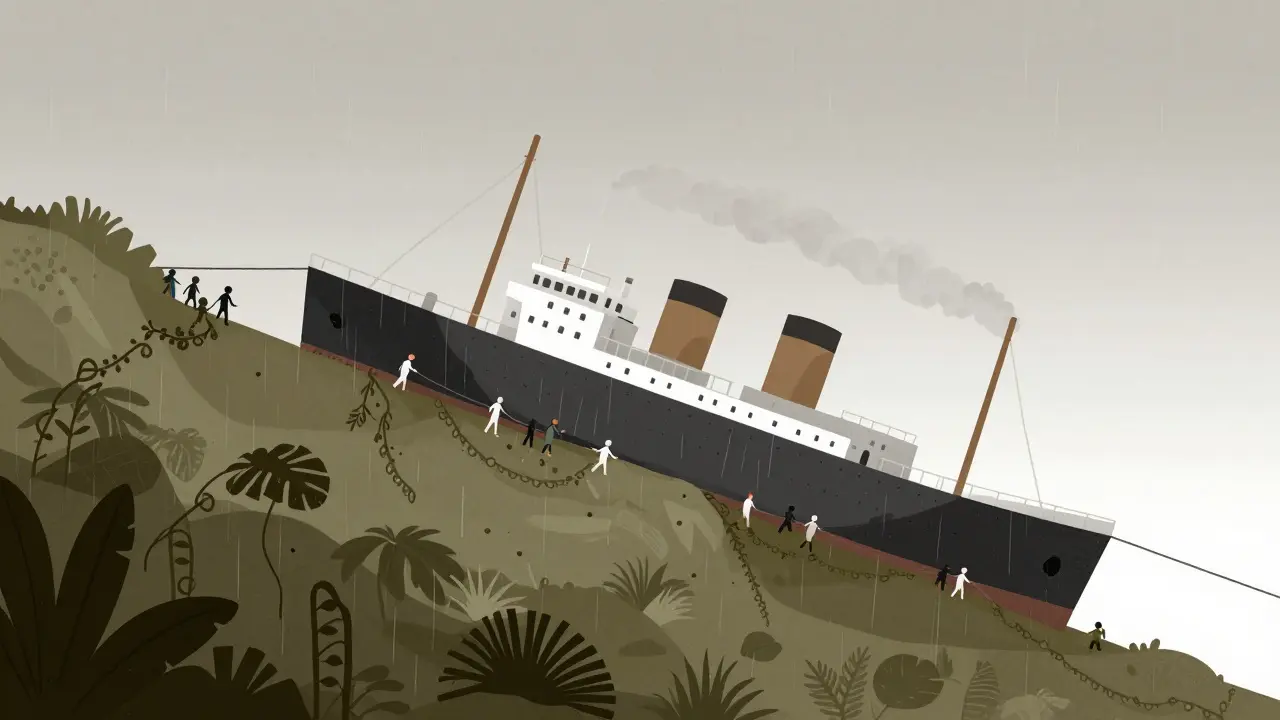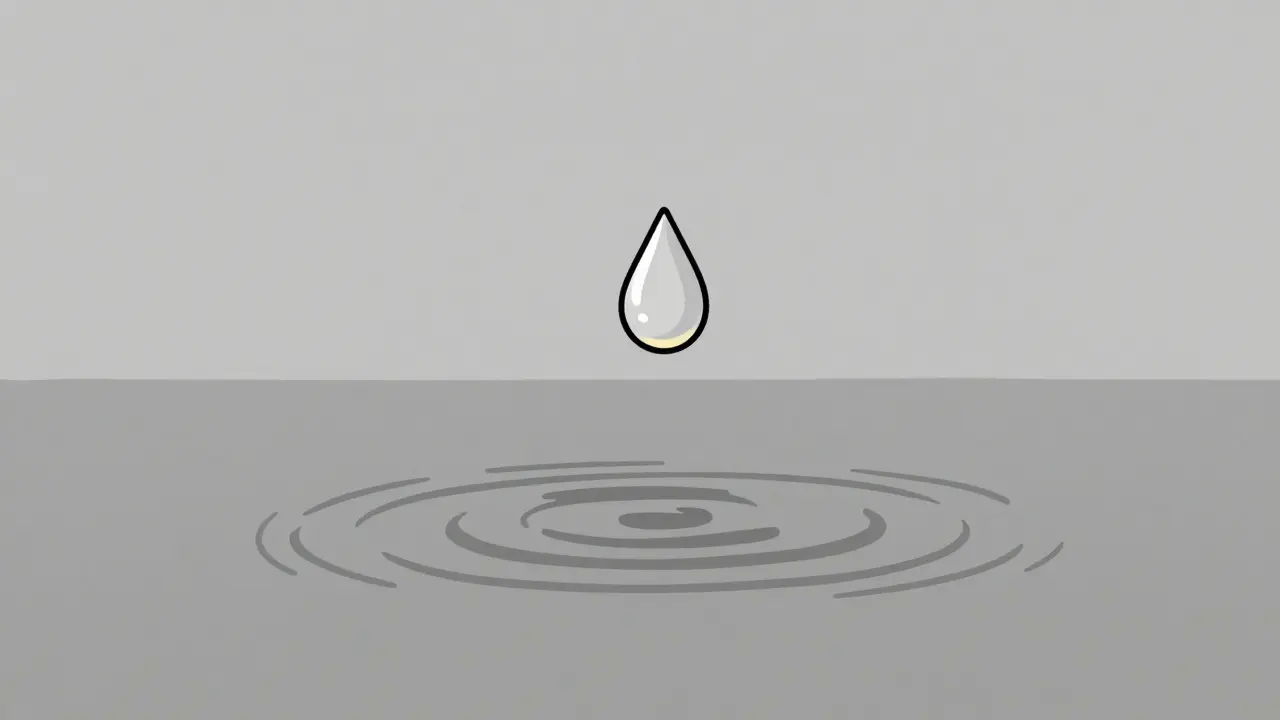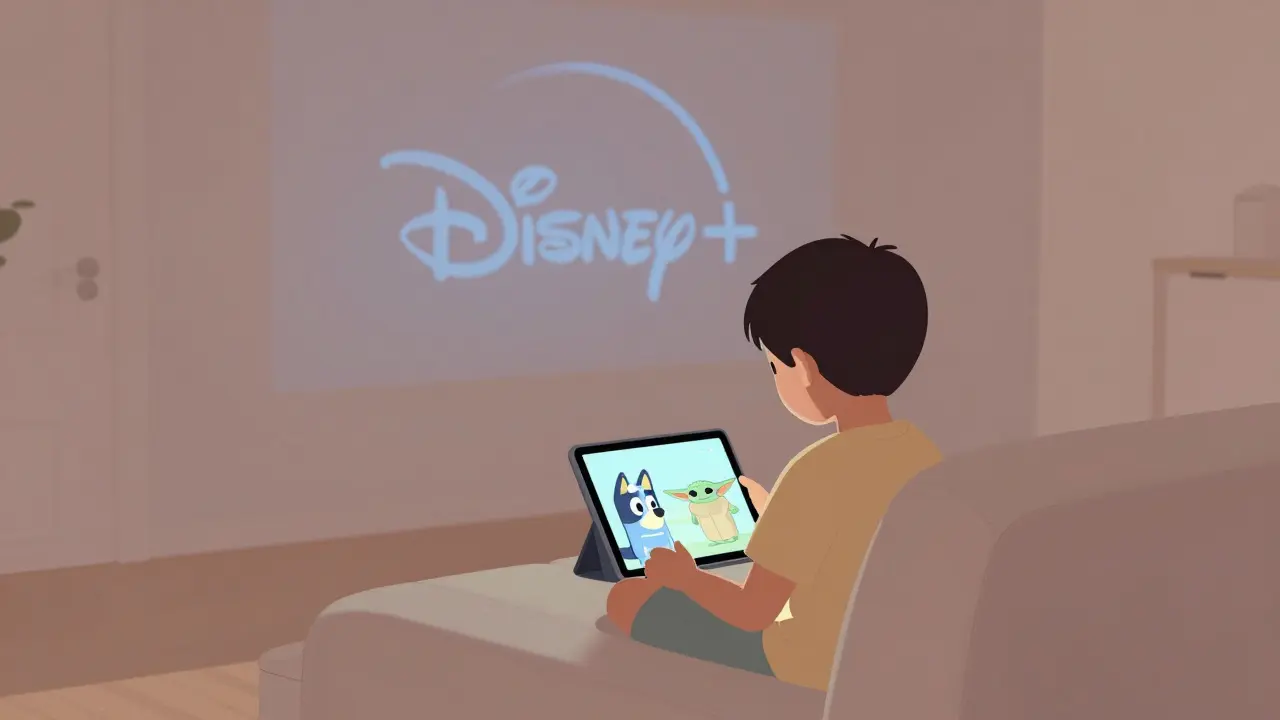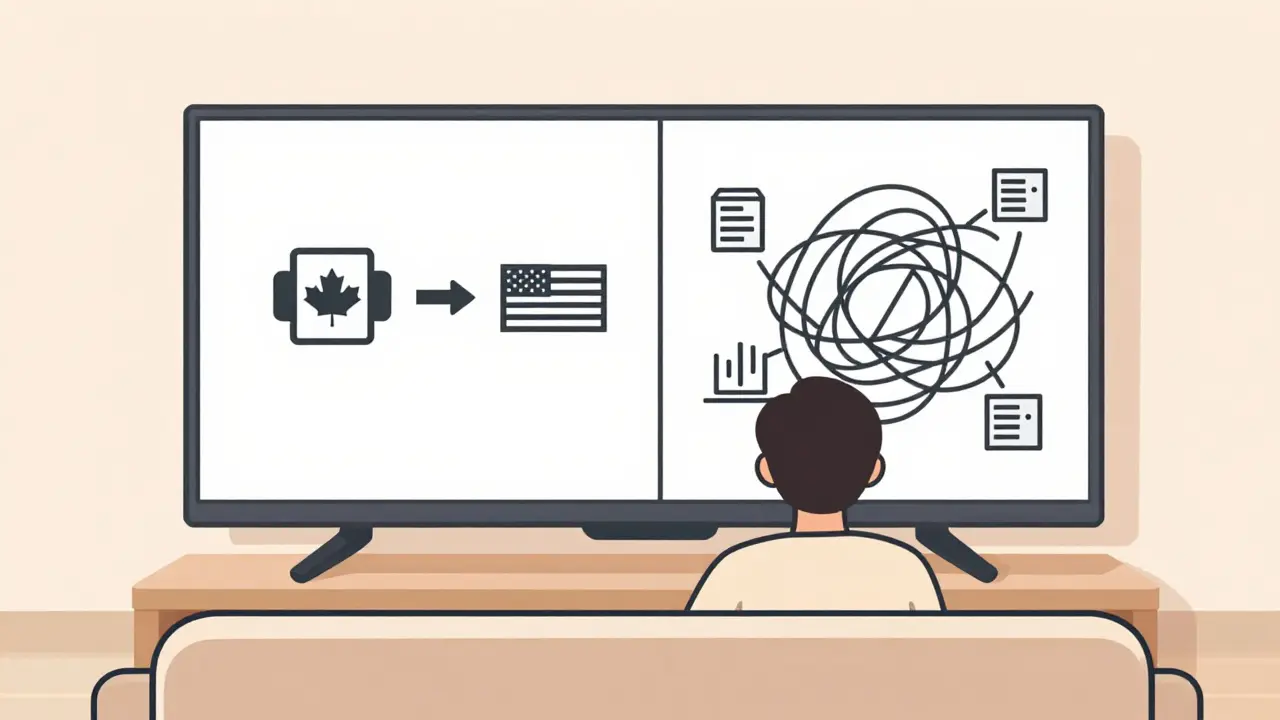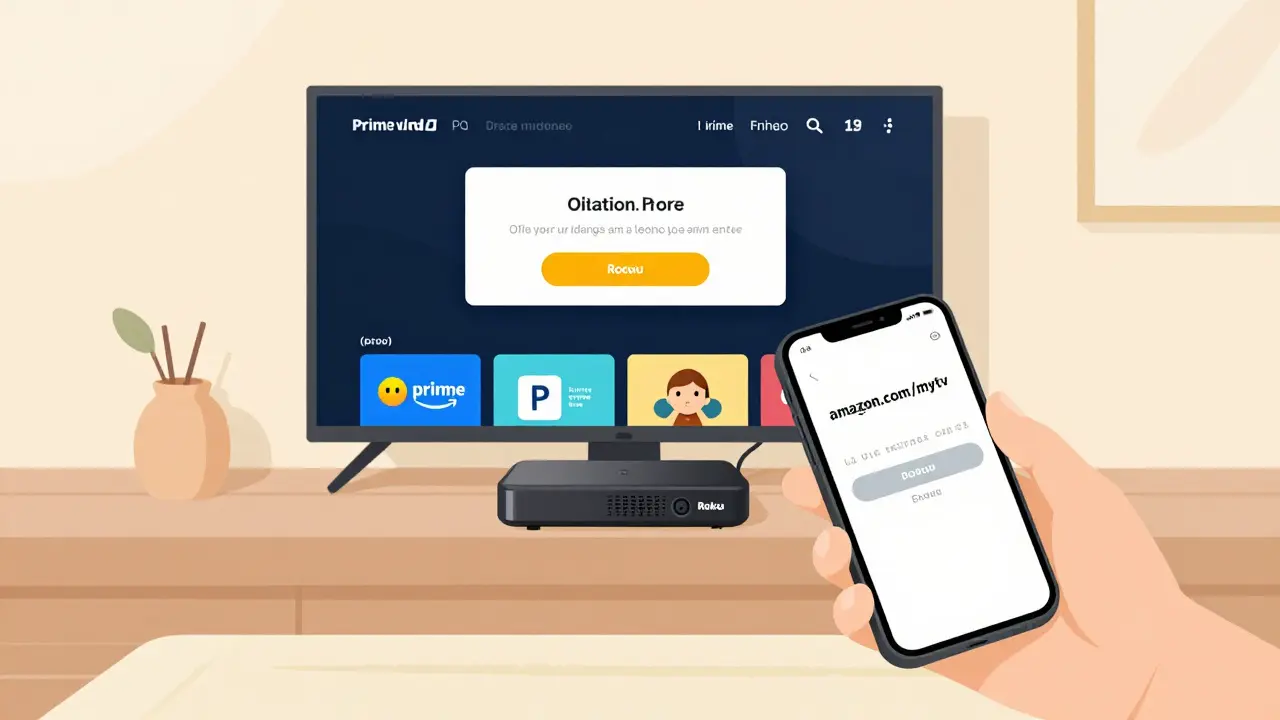Welcome to DigVid – The Place to Master Digital Video
Want to create videos that stand out? Whether you’re just starting or aiming to go pro, DigVid has you covered. We break down video editing tools, production tips, and marketing strategies so you get results without wasting time or money.
Easy Video Editing Guides
Choosing the right video software or presets can be tricky. Our guides help you find the best tools for beginners and experts alike. From editing on Android devices to powerful desktops, we explain what works best and how to use it smartly.
Boost Your YouTube and Marketing Skills
Curious why longer YouTube videos often get more views? Or how to measure if your video marketing is paying off? We share expert tips, real-world examples, and simple strategies to grow your channel and brand effectively.
Start improving your videos today with DigVid’s expert advice and stay ahead in the fast-changing world of digital video.
28
Burden of Dreams Case Study: How Fitzcarraldo’s Production Hell Became Documentary Legend
The making of Fitzcarraldo was a real-life ordeal that nearly destroyed its crew. Burden of Dreams captures the madness, sacrifice, and triumph behind one of cinema's most impossible feats.
27
High-Speed Photography: Slow Motion for Story and Spectacle
High-speed photography captures invisible moments in stunning detail, turning split-second actions into powerful storytelling tools. Learn how frame rates, lighting, and editing shape cinematic slow motion that moves audiences.
26
Hulu vs. Disney+ for Families: Which Service Has Better Kids Content
Disney+ offers more exclusive kids content, better parental controls, and no ads - making it the clear choice for families. Hulu has current TV shows but lacks consistency and safety features. The Disney Bundle gives you both for less.
25
Mise-en-Scène Analysis: Understanding What’s in the Frame
Mise-en-scène is the art of what’s inside the frame-lighting, color, costume, setting, and movement. Learn how to read visual storytelling in film and media to understand deeper meaning without a single word spoken.
23
Smart DNS vs. VPN for Streaming: Which Gives You Faster Access and Better Unblocking?
Smart DNS vs. VPN for streaming: Smart DNS offers faster, more reliable access to Netflix, Hulu, and Disney+ without encryption overhead. VPNs provide privacy but often slow down streaming and get blocked. For pure unblocking, Smart DNS wins.
22
Black Phone 2 Puts Blumhouse Back on Top of the Box Office
Black Phone 2 shattered box office records, proving Blumhouse still rules horror. With emotional storytelling, strong performances, and smart marketing, the sequel outperformed its predecessor and brought audiences back to theaters.
21
Villains in Action Cinema: Why Antagonists Define the Thrill
Villains in action cinema aren't just obstacles-they're the driving force behind the thrill. From the Joker to Thanos, the best antagonists challenge heroes, reflect society, and leave a lasting mark. Their depth turns action into art.
20
Max Parental Controls: Create Kid Profiles and Set Content Ratings
Learn how to create kid profiles on Max and set age-based content ratings to keep children safe while letting them explore age-appropriate shows. Simple steps for Australian families.
19
Tax and Fees on Streaming Services: What’s Included in Your Bill
Streaming services in Australia add hidden taxes and fees that can raise your bill by 10% or more. Learn what's really on your statement - and how to stop overpaying.
18
Prime Video on Roku, Fire TV, Apple TV, and Smart TVs: Step-by-Step Setup Guide
Learn how to set up Prime Video on Roku, Fire TV, Apple TV, and smart TVs with step-by-step instructions. Fix common errors, check streaming quality, and manage profiles easily.
17
Close-Up Camera Shots Tutorial: Connecting Audiences to Characters
Learn how close-up camera shots create emotional connections with characters in film. Master lens choice, lighting, framing, and timing to make your scenes unforgettable.
14
Latin American Streaming: Claro Video, Star+, and Local Services Explained
Claro Video and Star+ dominate Latin American streaming with exclusive local content, but access from abroad requires a VPN and local payment method. Learn how to bypass geo-blocks and choose the right service for telenovelas, football, and originals.
Latest Posts
Categories
Tags
- streaming services
- video editing
- video production
- parental controls
- Max streaming
- video editing software
- marketing mix
- subscription management
- streaming apps
- video editing tips
- tips
- ROI
- video marketing
- video editing tools
- marketing strategy
- Premiere Pro
- family viewing
- classic cinema
- Kurosawa
- streaming setup
